detail profile butterfly mcqueen
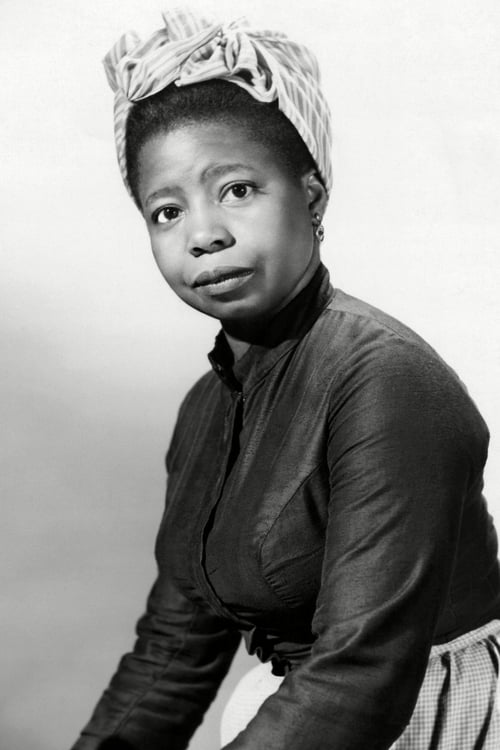
Riwayat Hidup
Thelma "Butterfly" McQueen was an American actress.
Originally a dancer, McQueen first appeared in film in 1939 as Prissy, Scarlett O'Hara's maid, in the film Gone with the Wind.
She was unable to attend the movie's premiere because it was held at a whites-only theater.
Often typecast as a maid, she said: "I didn't mind playing a maid the first time, because I thought that was how you got into the business.
But after I did the same thing over and over, I resented it.
I didn't mind being funny, but I didn't like being stupid.
] She continued as an actress in film in the 1940s, and then moved to television acting in the 1950s.
McQueen was appearing on the Broadway stage in the comedy What a Life in 1938 when she was spotted by Kay Brown, talent scout for David O.
Selznick, then in pre-production for Gone With the Wind (eventually released in 1939).
Brown recommended that McQueen audition for the film.
After Selznick saw her screen test, he never considered anyone else and McQueen was cast in the role that would become her most identifiable – "Prissy", a simple-minded house maid.
She uttered the famous words: "Oh, Miss Scarlett! I don't know nothin' 'bout birthin' babies!" Her distinctive, high-pitched voice was noted by a critic who described it as "the itsy-little voice fading over the far horizon of comprehension".
While the role is well known to audiences, McQueen did not enjoy playing the part and felt it was demeaning to African-Americans.
She also played an uncredited bit part as a sales assistant in The Women (1939), filmed after Gone with the Wind but released before it.
She also played Butterfly, Rochester's niece and Mary Livingstone's maid in the Jack Benny radio program for a time during World War II.
She appeared in an uncredited role in Mildred Pierce (1945) (where she had a good amount of screen time) and played a supporting role in Duel in the Sun (1946).
By 1947, she had grown tired of the ethnic stereotypes she was required to play and ended her film career.
During World War II, McQueen frequently appeared as a comedian on the Armed Forces Radio Service broadcast Jubilee.
Many of these broadcasts are available on the Internet Archive.
From 1950 until 1952 she was featured in another racially stereotyped role on the television series Beulah.
She played Beulah's friend Oriole, a character originated on radio by Ruby Dandridge, who would then take over the TV role from McQueen in 1952-53.
In a lighter moment, she appeared in a 1969 episode of The Dating Game.
Offers for acting roles began to dry up around this time, and she devoted herself to other pursuits including political study.
She received a bachelor's degree in political science from City College of New York in 1975.
[1] McQueen played the character of Aunt Thelma, a fairy godmother, in the ABC Weekend Special episode "The Seven Wishes of Joanna Peabody" (1978) and the ABC Afterschool Special episode "Seven Wishes of a Rich Kid" (1979); her performance in the latter earned her a Daytime Emmy Award for Outstanding Individual Achievement in Children's Programming.
She had one more role of substance in the 1986 film The Mosquito Coast.
Info Pribadi
Peran Yang Di Mainkan Butterfly McQueen
 This documentary revisits the making of...
This documentary revisits the making of...The Making of a Legend: Gone with the Wind 1988
This documentary revisits the making of Gone with the Wind via archival footage, screen tests, insightful interviews and rare film footage.
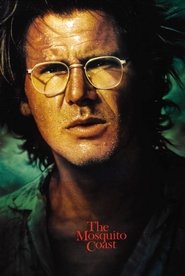 Allie Fox an American inventor exhausted...
Allie Fox an American inventor exhausted...The Mosquito Coast 1986
Allie Fox, an American inventor exhausted by the perceived danger and degradation of modern society, decides to escape with his wife and children to Belize. In the jungle, he tries with mad determination to create a utopian community with disastrous results.
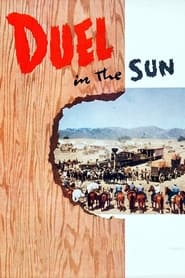 Beautiful halfbreed Pearl Chavez becomes the...
Beautiful halfbreed Pearl Chavez becomes the...Duel in the Sun 1946
Beautiful half-breed Pearl Chavez becomes the ward of her dead father's first love and finds herself torn between her sons, one good and the other bad.
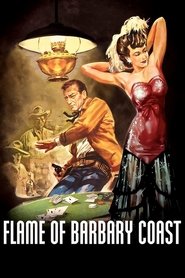 Duke Fergus falls for Ann Flaxen...
Duke Fergus falls for Ann Flaxen...Flame of Barbary Coast 1945
Duke Fergus falls for Ann 'Flaxen' Tarry in the Barbary Coast in turn-of-the-century San Francisco. He loses money to crooked gambler Boss Tito Morell, goes home, learns to gamble, and returns. After he makes a fortune, he opens his own place with Flaxen as the entertainer; but the 1906 quake destroys his place.
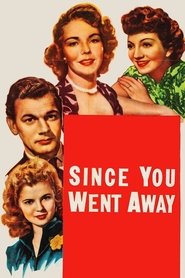 In 1943 several people enter reenter and...
In 1943 several people enter reenter and...Since You Went Away 1944
In 1943, several people enter, re-enter, and exit the difficult life of a Midwestern family whose patriarch has been called up to war, leaving behind his wife and two teen daughters.
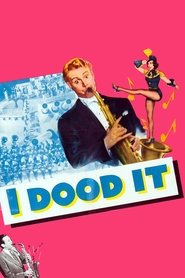 Constance Shaw a Broadway dance star...
Constance Shaw a Broadway dance star...I Dood It 1943
Constance Shaw, a Broadway dance star, and Joseph Rivington Reynolds, a keen fan of hers, marry after she breaks up with her fiancé. Connie thinks Joseph owns a gold mine, but he actually works as a presser at a hotel valet shop. When everyone learns what he really is, Joseph is banned from the theater. When he sneaks in again, he learns of a plot to set off a bomb in the adjoining munitions warehouse.
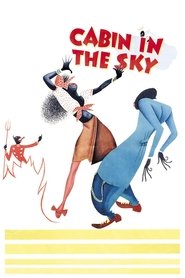 When compulsive gambler Little Joe Jackson...
When compulsive gambler Little Joe Jackson...Cabin in the Sky 1943
When compulsive gambler Little Joe Jackson dies in a drunken fight, he awakens in purgatory, where he learns that he will be sent back to Earth for six months to prove that he deserves to be in heaven. He awakens, remembering nothing and struggles to do right by his devout wife, Petunia, while an angel known as the General and the devil's son, Lucifer Jr., fight for his soul.
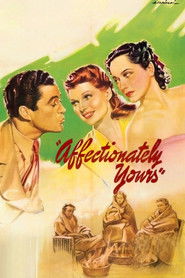 A married reporters assignments carry him...
A married reporters assignments carry him...Affectionately Yours 1941
A married reporter's assignments carry him all over the world, which gives him ample opportunity to put the moves on the local females.
 The spoiled daughter of a Georgia...
The spoiled daughter of a Georgia...Gone with the Wind 1939
The spoiled daughter of a Georgia plantation owner conducts a tumultuous romance with a cynical profiteer during the American Civil War and Reconstruction Era.
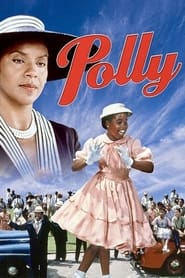 An musical adaptation of the book...
An musical adaptation of the book...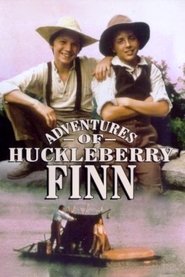 Adventurous Huck Finn prefers rafting on...
Adventurous Huck Finn prefers rafting on...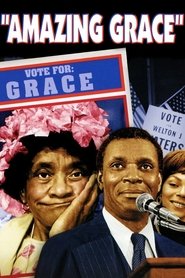 A widow tries to influence the...
A widow tries to influence the...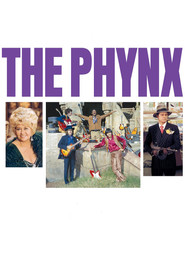 A rock band is invented by...
A rock band is invented by...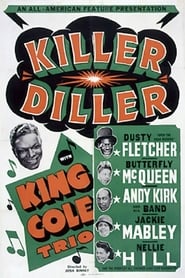 An allBlack comedy and dance revue...
An allBlack comedy and dance revue...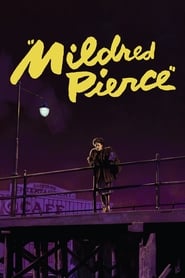 A hardworking mother inches towards disaster...
A hardworking mother inches towards disaster...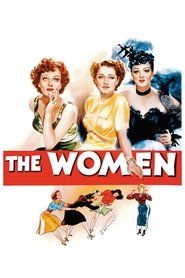 A happily married woman lets her...
A happily married woman lets her...